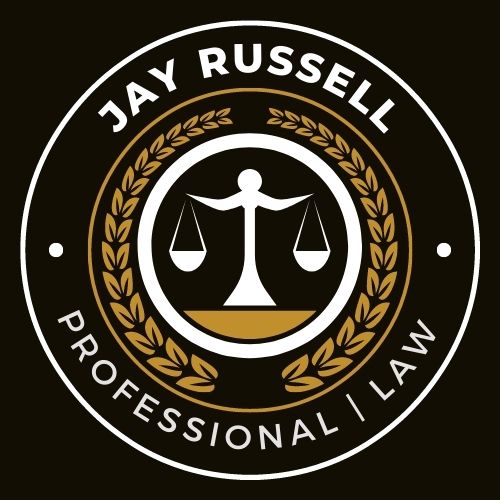When most people think of state troopers, they imagine speeding tickets or flashing lights in the rearview mirror. But there’s far more to these officers than traffic stops. In South Carolina, our state troopers are often the first to arrive when people need help most—and their role goes far beyond enforcement.
Here’s a look at the everyday ways South Carolina state troopers make a real difference in our communities.
1. First Responders in Emergencies
State troopers are trained to handle everything from multi-car pileups on I-95 to dangerous weather conditions. In hurricane evacuations or flash flood events, it’s often troopers who manage the logistics, direct traffic, and ensure safe passage for thousands of South Carolinians.
They don’t just write tickets—they save lives.
2. Community Outreach and Education
Troopers regularly visit schools to teach young drivers about road safety and impaired driving. Through programs like SCDPS’s Community Action Team and “Operation Southern Shield,” troopers help raise awareness in a way that’s proactive, not punitive.
It’s about prevention, not just enforcement.
3. Helping Stranded or Vulnerable Motorists
If you’ve ever had a flat tire on a rural road or run out of gas miles from the nearest station, a state trooper might have been your unexpected hero. Many drivers across South Carolina have a story about a trooper who stopped to help with a dead battery, called a tow truck, or even offered bottled water on a hot day.
These quiet acts of kindness often go unnoticed—but they happen every day.
4. Keeping Our Roads Safe
Through DUI checkpoints, speed enforcement, and seatbelt campaigns, troopers aim to reduce fatalities on South Carolina roads. Their presence reminds drivers to slow down, stay focused, and make safer choices.
And when tragic accidents happen, it’s state troopers who manage the scene with professionalism and compassion.
A Badge of Service
While no one enjoys getting pulled over, it’s worth remembering the broader mission of the South Carolina Highway Patrol. These men and women are more than traffic enforcers—they’re protectors, educators, and public servants.
So the next time you see a cruiser parked along the interstate, know that behind the badge is someone committed to making your journey safer.

